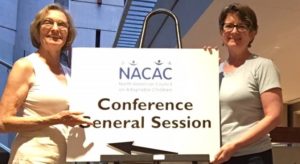 Last week Sally Ankerfelt and I participated in Families Matter: Exploring Solutions in Adoption and Foster Care the topic for the NACAC Conference 2017. We also had the privilege of presenting a workshop on faith Communities as a Source of Healing and Connection. We observed firsthand that people hungered to learn more about this topic.
Last week Sally Ankerfelt and I participated in Families Matter: Exploring Solutions in Adoption and Foster Care the topic for the NACAC Conference 2017. We also had the privilege of presenting a workshop on faith Communities as a Source of Healing and Connection. We observed firsthand that people hungered to learn more about this topic.
A few dominant themes emerged from the conference: the need to provide resources to families and to prevent foster care and adoption in the first place; the importance of preserving and encouraging first family relationships; the need to understand trauma and how it speaks in behavior; and finally, the need to listen to adult adoptees and foster care alumni who earned insights at a high personal coast.
Conferences require us to hold a learning frame of mind, to open our eyes, hearts and, minds to new ways of seeing, understanding and, responding. (Readers of this blog demonstrate a similar stance.) We all want to learn so we can parent/ serve children better. When we accept that life–parenting in particular–is a learning conversation, we set ourselves on a path of intentionality. This serves us and our families, because, let’s face it, nobody has all the answers.
 Neuro-biology research continues to advance our understanding of how the brain influences and shapes behavior. As parents, it certainly helps us to discern the difference between a child’s unwillingness to address a behavior and his inability to demonstrate, adjust and/or, eliminate that behavior.
Neuro-biology research continues to advance our understanding of how the brain influences and shapes behavior. As parents, it certainly helps us to discern the difference between a child’s unwillingness to address a behavior and his inability to demonstrate, adjust and/or, eliminate that behavior.
Many presenters referred to Dan Siegel’s work–especially his descriptive theory of “flipping one’s lid. This metaphor applies to both parent and child. And while the description is quite simplified, it is also a very powerful way to capture what occurs within the brain and makes it easier to respond in the moment. We listened intently as speaker after speaker mentioned how they’ve used this tool when working with kids and their families.
View this three-minute video to watch Dan Siegel elegantly explain this concept. Imagine sharing this simple tool with your kids which provides a framework that helps them understand and discuss what is happening within them internally. Envision how it might help them manage big feelings as well as request support when they need it. Consider how this tool can serve you as a parent as well as in general daily life.
Dan Siegel has written several books. I’ve read some but not all. Check them out to see what they offer you and your family.
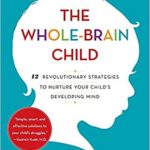

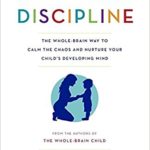
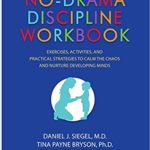
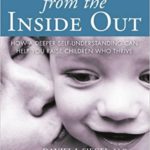
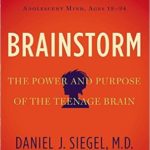


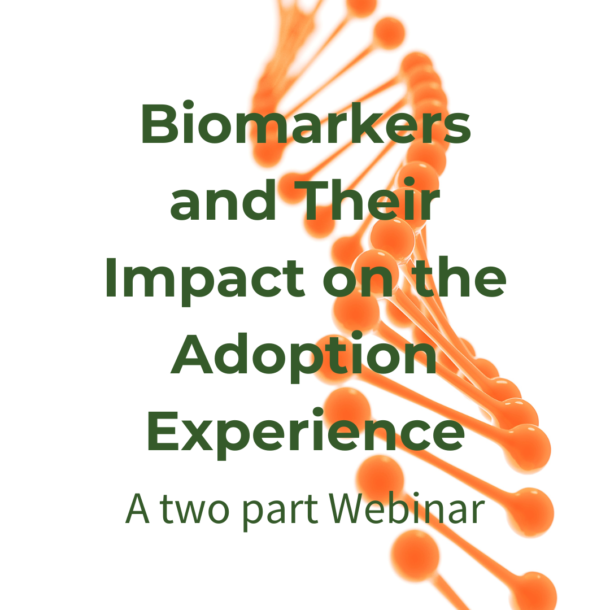
Thanks for sharing your NACAC Conference experience with us. Sounds like there was a lot of learning going on! I very much appreciate your insights into what you thought were dominant themes emanating from the conference. Adoption and how we think about it continues to change; it reflects a deeper understanding of what it means to be a “forever family” and to have a “first family” as well. #adoption, #AAQ, #adoptivefamilies